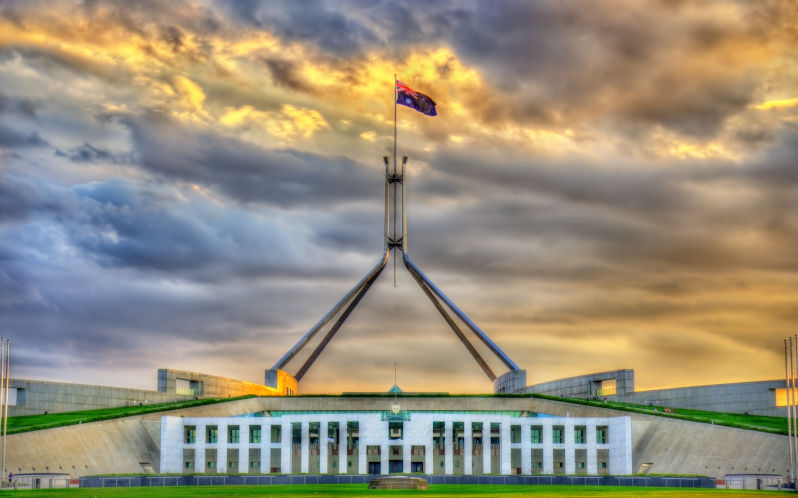In December while I was visiting Australia for a month I met a young woman who told me she would be running a local campaign in the upcoming federal election. She was a member of the Liberal Party, she noted, admitting that she had hoped to be the candidate herself, but the preselection had gone to someone else. But she seemed personally undeterred. ”We’re going to win,” she said, her face alight with her eagerness for the contest.
Then she went on, in a way that I have never heard an Australian speak before: “You know, the great thing about American elections is that people don’t have to vote.” How do you mean? I wondered, astonished. “It means that the parties have to really work to energise their bases. You can’t simply count on a vote; you have to give them that fear they need to get out and vote for you.”
Her plan, she said, was to create that sort of do-or-die feeling in her electorate. “Obviously, we don’t want a repeat of Trump. But maybe something Trumpian?”
In the months since Donald Trump won the American election, Peter Dutton has definitely seemed to be aiming at the very least for “something Trumpian”. The Liberal Party’s attacks on the Labor Government regarding antisemitism are straight out of the Republican playbook, something I witnessed personally in October at a US Senate committee hearing on hate crimes. The Republicans on the committee spent most of their time either condemning the Democrats as antisemitic because the hearing included hate crimes against other groups as well as Jews — hate crimes have in fact exploded in the US toward many groups since the 2016 election — or demanding the Arab-American woman on the panel of experts admit she supported Hamas. “This is a real disappointment,” she admitted after one of the Republican senators said her head should be hidden “in a bag”, but she noted it almost offered an example “of the very issue we’re attempting to deal with”.
Dutton’s anti-First Nations rhetoric, which he discovered to be such an effective technique for undermining his opponent and sowing division during the Voice referendum, likewise seems emboldened since Trump’s election. In general, even as his PR team is fighting to repackage him from the viciously belligerent figure he’s been for the last 20 years into a reasonable man who loves a dog video on social media, he has embraced Trump’s divisive and fascistic playbook as a guide to his own success.
I’d be fascinated to know how local Liberal Party members see this approach. I can’t imagine many in the party would be happy to hear of a local federal campaign director who thinks that unleashing “something Trumpian” would be a good thing (though perhaps in light of Dutton’s success of late they might not say so). The viral Id-fuelled insanity that Trump somehow unlocks is as dangerous as any wildfire, and as difficult to put out. Perhaps Dutton believes that Australia is different enough from the US that he can light that match without things getting out of hand. I’d certainly like to believe that; over many years of visiting Australia and interviewing both ordinary people and Australian politicians and their staffers, I’ve been heartened to find Australians generally much more level-headed and sceptical when it comes to political rhetoric.
At the same time, how many conversations did I have or overhear in this month that I just spent in Australia where people were talking about the Welcome to Country or the rights of First Nations people in Australia in a disparaging way? Far more than I expected, and including from groups that I would expect to be among the most supportive, like members of the gay community who themselves only recently went through and gained so much from their own national plebiscite.
The Labor Government’s reluctance thus far to take on these more extremist views makes sense in some ways; you don’t want to add fuel to the flame. But with Dutton running around throwing matches — which, just as in the States, most of the Australian press is all too willing to feed, because their fundamental drive is not the good of the country, but telling stories that grab attention — I suspect Anthony Albanese will need greater boldness and courage. Trump and Trumpism are a scourge, and every reasonable person knows it. But if you don’t stand up and denounce it, it will burn you down.

Jim McDermott
Jim McDermott is an American writer based in New York with years spent in Australia. He spent many years as an editor at America Magazine.
